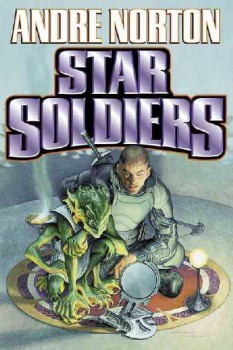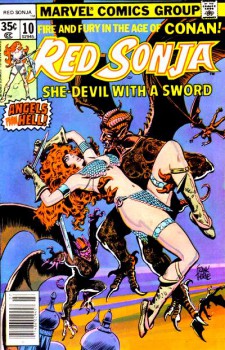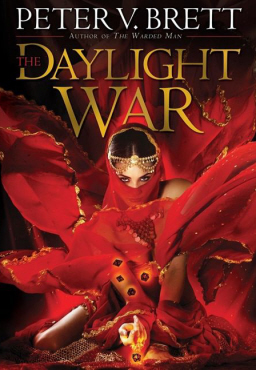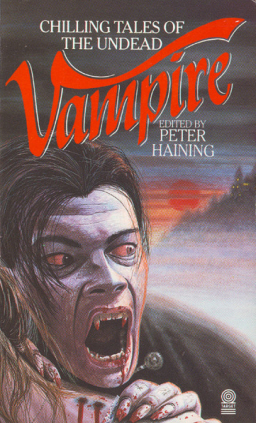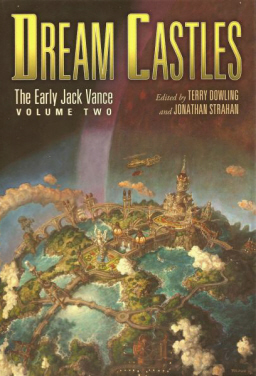The Last Dinosaur Chomps Your Nostalgia on Warner Archive DVD
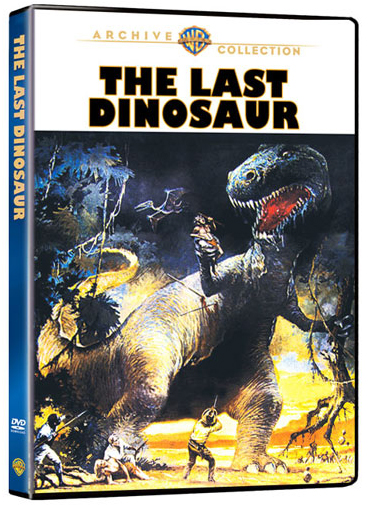 It follows that if I write about The Bermuda Depths and its manufacture-on-demand DVD release, I must also write about its sister film, the dinosaur-hunting marvel of a Saturday afternoon dreamland, 1977’s The Last Dinosaur — also available on MOD DVD from Warner Archive. “Richard Boone vs. a T. Rex in a Primeval World.” You don’t need a large marketing team to work on your movie if you have a tagline like that.
It follows that if I write about The Bermuda Depths and its manufacture-on-demand DVD release, I must also write about its sister film, the dinosaur-hunting marvel of a Saturday afternoon dreamland, 1977’s The Last Dinosaur — also available on MOD DVD from Warner Archive. “Richard Boone vs. a T. Rex in a Primeval World.” You don’t need a large marketing team to work on your movie if you have a tagline like that.
The Last Dinosaur is a 1950s giant monster movie filmed in the 1970s and filtered through the visual effects style of 1960s Japanese special effects (tokusatsu) films. If that sentence gives you a frisson of joy, then the movie won’t disappoint. And The Last Dinosaur is a touch better than that description suggests, with a solid script and an excellent main character who can carry the outrageousness of a giant monster movie and make it seem like Moby Dick.
Touring around the ‘net looking for reviews of The Last Dinosaur will mostly unearth “bad movie snark” having a laugh over its economical special effects. You won’t find much of that here: I think The Last Dinosaur is a top-shelf B-budgeted “lost world” film that delivers all it should, occasional chuckles and groans included. Make all the sly comments you want about the “man-in-suit” monster effects — and there are some amusing moments — they still offer far more creativity and fun than most CGI-driven contemporary movies. Compare The Last Dinosaur to anything from SyFy and you’ll see the talent we lost when the Machines won the war.
Shot in Japan at the same time Amicus Productions in the U.K. was making their Edgar Rice Burroughs adaptations (The Land That Time Forgot, At the Earth’s Core, The People That Time Forgot), The Last Dinosaur sports a similar style that captures the spirit of ERB within a contemporary setting. It’s the best Edgar Rice Burroughs adaptation not actually based on one of his novels; if Burroughs were alive and writing in the 1970s, he might have written something just like this.
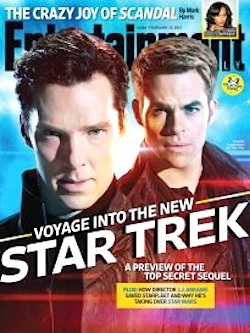
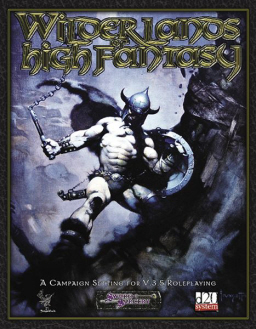
 I’ve been reading Peter Ackroyd’s writing for almost twenty years now, and I’m frankly beginning to fall behind. It’s hard to keep up with the man: he’s produced poetry, fiction, biographies, creative nonfiction, and, most recently, narrative history. One of his nonfiction books, Albion, was subtitled ‘the English Imagination,’ and was an essay or set of essays investigating exactly that; in fact, much of Ackroyd’s work can be seen as an investigation of, or a struggle with, the nature of English literary, historical, and imaginative traditions — especially as manifested in the history of London. And so his current project (or one of them) is an ambitious six-book history of England. Two have been published so far; as I say, I’m behind, and have only just completed the first, Foundation, examining the past of England from prehistory to the end of the Wars of the Roses.
I’ve been reading Peter Ackroyd’s writing for almost twenty years now, and I’m frankly beginning to fall behind. It’s hard to keep up with the man: he’s produced poetry, fiction, biographies, creative nonfiction, and, most recently, narrative history. One of his nonfiction books, Albion, was subtitled ‘the English Imagination,’ and was an essay or set of essays investigating exactly that; in fact, much of Ackroyd’s work can be seen as an investigation of, or a struggle with, the nature of English literary, historical, and imaginative traditions — especially as manifested in the history of London. And so his current project (or one of them) is an ambitious six-book history of England. Two have been published so far; as I say, I’m behind, and have only just completed the first, Foundation, examining the past of England from prehistory to the end of the Wars of the Roses.